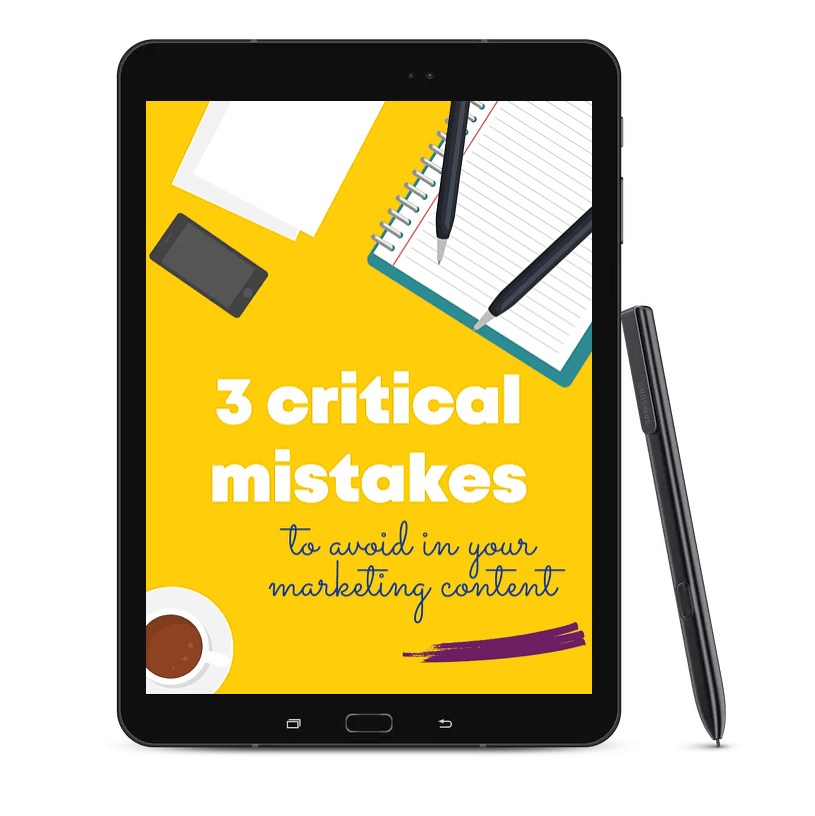How would you like to attract more clients into your business the way a sex god might attract ... sex addicts?
Wouldn't that be lovely?
Okay, the "sex god" thing is a bit of a stretch, but it got your attention, right?
I want you to know, for reputation's sake, that the idea didn't just spring forth from the recesses of my mind.
It came from one of my favorite quotes related to editing, by Dark Jar Tin Zoo in his book, Love Quotes for the Ages. Specifically Ages 19-91.
~~~
Making love to me is amazing.
Wait, I meant: making love, to me, is amazing.
The absence of two little commas nearly transformed me into a sex god.
~~~
See that?
A great editor—or great editing that you perform yourself—can turn you into a sex god, or reduce your status to that of the average Joe or Joan—no offense to people named Joe or Joan!
That's why I love great editing.
Great editing is recognizable when you finish a piece—whether it’s a success story, blog post, scholarly article, or New York Times bestseller—and realize that you didn’t notice the writing at all.
You didn’t have to stop to think about the writing. You just sailed through the piece—easy reading, easy learning.
That’s why great editing is so important.
Great editing elevates a hurried or struggling writer with brilliant ideas to the realm of great writer with brilliant ideas, and it allows readers to read without interruption, without stumbling, without thinking about the act of reading.
Great editing helps your readers follow your train of thought from conception to completion.
It leads to content that fosters an exchange between you and your readers that builds reader respect and trust.
Isn’t that, inevitably, what all authors want?
Isn’t earning reader respect and trust what YOU want?
Great editing also keeps readers from hating your prose, and, sometimes, you.
As a reader, I get really ticked off when a piece of content hits me in the face with big-picture writing issues: poor organization, lapses in logic, and shallow or missing evidence—the types of issues a good development or substantive editor will find.
This happens in marketing, in non-fiction, and in fiction.
One novel in particular comes to mind; in it, too many passages, especially after the halfway mark, began and ended without the author ever sharing which characters were doing the thinking, speaking, and acting.
Not only did I wonder who was doing what; I also wondered what had happened to the editor!
The issue was so prominent in the latter half that I seriously considered tossing the book into my ever-growing dud pile, the home of unfinished books.
But the premise was strong. Despite my impatience and frustration, I wanted to know how the story ended.
The reason I shared that with you is because I used to work as a development editor at a technical publishing house, and one of our goals was to make the first half of the book AMAZING and not worry so much about the latter half. Maybe that’s true in the world of fiction as well.
Similar big-picture fails happen in marketing copy All. The. Time.
Not to mention all of the niggling fails that add up during a reading to cause your readers to diss or dismiss you entirely.
I’ve created a guide to help you avoid the most critical of three of those fails:
3 Critical Mistakes Coaches Consultants, and Other Professionals Make in Their Marketing Content, and How You Can Avoid Them

In the guide you'll not only learn about the three mistakes that drive savvy readers—like your prospects—bonkers.
You'll also discover the flip side of those errors, and how you can use their everywhere-ed-ness as points of differentiation in your own marketing.
